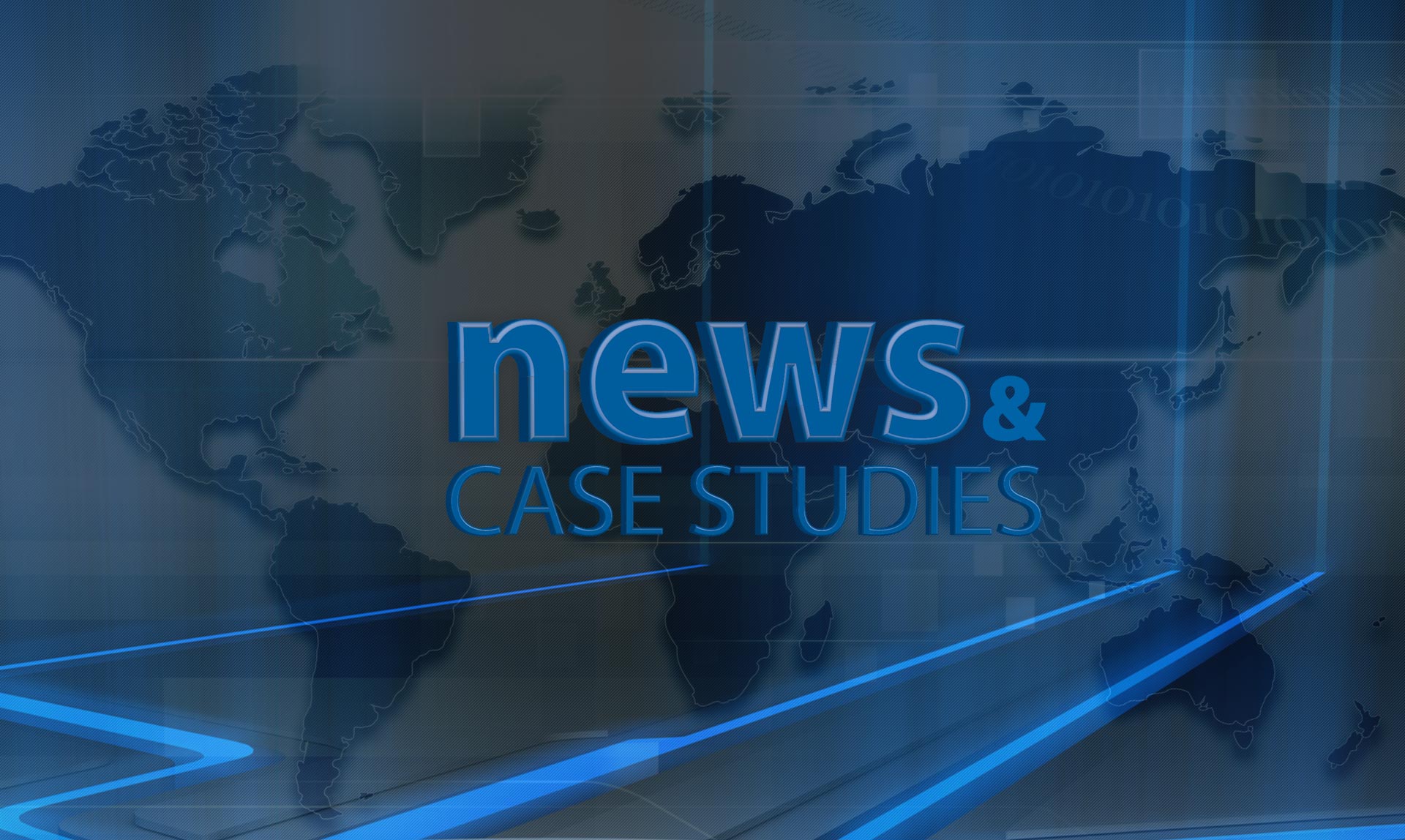
SOLAS – Container Weight Verification
In July 2016, changes to the Safety of Life at Sea (SOLAS) treaty required all containers to have a verified weight certificate before being loaded on to a ship. The intention is to reduce the number of accidents at sea which are caused by wrongly declared container weights.
What is SOLAS?
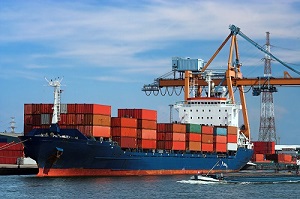
SOLAS is an international maritime safety treaty designed to ensure that ships comply with minimum safety standards in construction, equipment and operation. The International Maritime Organization (IMO) announced that this new container weighing legislation would come into force from July 1, 2016.
With the first ever version of the treaty passed in response to the sinking of the Titanic in 1914, SOLAS in itself is not new. However, the forthcoming introduction of mandatory verification of shippers’ declared container weights will require all containers to be weighed before being shipped.
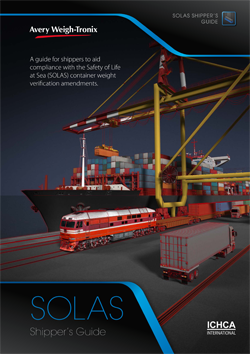
Download the SOLAS Shippers Guide
Don’t shippers already have to declare container weights?
Shippers are already required to declare container weights on the bill of laiding/paperwork. However, with as many as one-third of the 130 million containers transported each year believed to be overweight, it is clear that many weights are wrongly declared.
This misdeclaration of weights has been responsible for many disasters. In fact, when the MSC Napoli met its end off the coast of Cornwall (UK) in 2007, 20% containers on board were found to be at least three tonnes different from the weight declared on the manifest – with some as much as 20 tonnes heavier.
The change to the SOLAS convention will require that all weights are properly verified using an approved method. If the gross mass of containers is not verified by the shipper, or not stated in the shipping document, the terminal operator must not load the containers on board a ship.
Container weight verification options
Verification of container weights can be achieved in two ways:
Weight verification method 1: weighing the packed container using calibrated and certified equipment; or
Weight verification method 2: weighing all packages and cargo items, including packing materials and the tare weight of the container, then adding the sum of all weights together to provide a verified weight.
Estimating weights is not permitted under the SOLAS revisions.
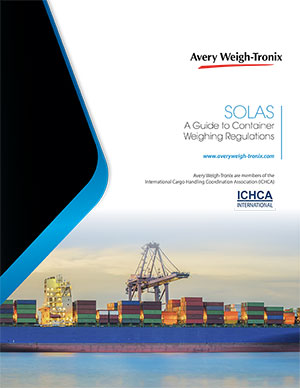
Download our FREE Guide to Container Weighing Regulations – SOLAS
Who does this new law effect?
This requirement to verify the weight of containers before loading will apply globally. The shipper (or by arrangement of the shipper, a third party) has a responsibility to verify the gross mass of the container.
The SOLAS revisions have effects through-out the supply chain, meaning that shippers, freight forwarders, vessel operators, and terminal operators will all need to establish policies and procedures to ensure the implementation of this regulatory change.
Who is classed as ‘the shipper’?
The person whose name appears on the bill of lading or the transport document will be treated as the actual shipper and they will be legally responsible for the declaration of the verified gross mass of the loaded container.
Any company that exports ships goods could be classed as the ‘shipper’, regardless of whether they use a third party to conduct the actual movement of goods. For example, if you are an exporter, you may instruct a forwarding agent to pack and weigh the goods, and forward the container to the terminal. The forwarder is acting purely on the instructions of the shipper to undertake that work on his behalf, so the exporter is responsible for verifying the gross mass weight.
So the exporter, if in the position of the shipper, has the responsibility for providing the gross mass.
What type of weighing equipment can be used?
All weighing equipment used to provide a verified weight must be calibrated and certified. Weighing equipment means a scale, weighbridge, lifting equipment or any other device which is capable of determining the actual gross mass of a packed container or of packages and cargo items, pallets, dunnage and other packing and securing material.
It is likely that different types of weighing equipment would be used depending upon which of the above methods are chosen to verify the container weight. It is important that you speak to your weighing equipment supplier to get an understanding of which methods would be most suitable for your business while also meeting SOLAS requirements.
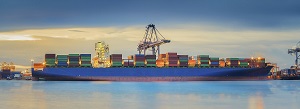
Further information and useful links:
International Martime Organization: The IMO is the United Nations specialized agency with responsibility for the safety and security of shipping and the prevention of marine pollution by ships.
International Cargo Handling Coordination Association: ICHCA is an independent, not-for-profit organisation dedicated to improving the safety, security, sustainability, productivity and efficiency of cargo handling-
World Shipping Council: Industry trade group representing the international liner shipping industry
CTU Code: a non-mandatory global code of practice for the handling and packing of shipping containers for transportation by sea and land. (joint publication of the International Maritime Organization (IMO), the International Labour Organization (ILO) and the United Nations Economic Commission for Europe.

Download our FREE Guide to Container Weighing Regulations – SOLAS
Avery Weigh-Tronix are members of the International Cargo Handling Coordination Association (ICHCA)
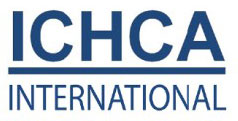
Disclaimer: This document is intended for information only. The information is provided in good faith and, while it is accurate as far as the authors are aware, it is not intended to be comprehensive concerning all the detailed aspects of the implementation of the SOLAS revision on container weighing. No responsibility will be assumed by authors in relation to the information contained in this document.

 United Kingdom
United Kingdom  Canada
Canada  Canada (fr)
Canada (fr)  India
India  Malaysia
Malaysia  Ireland
Ireland